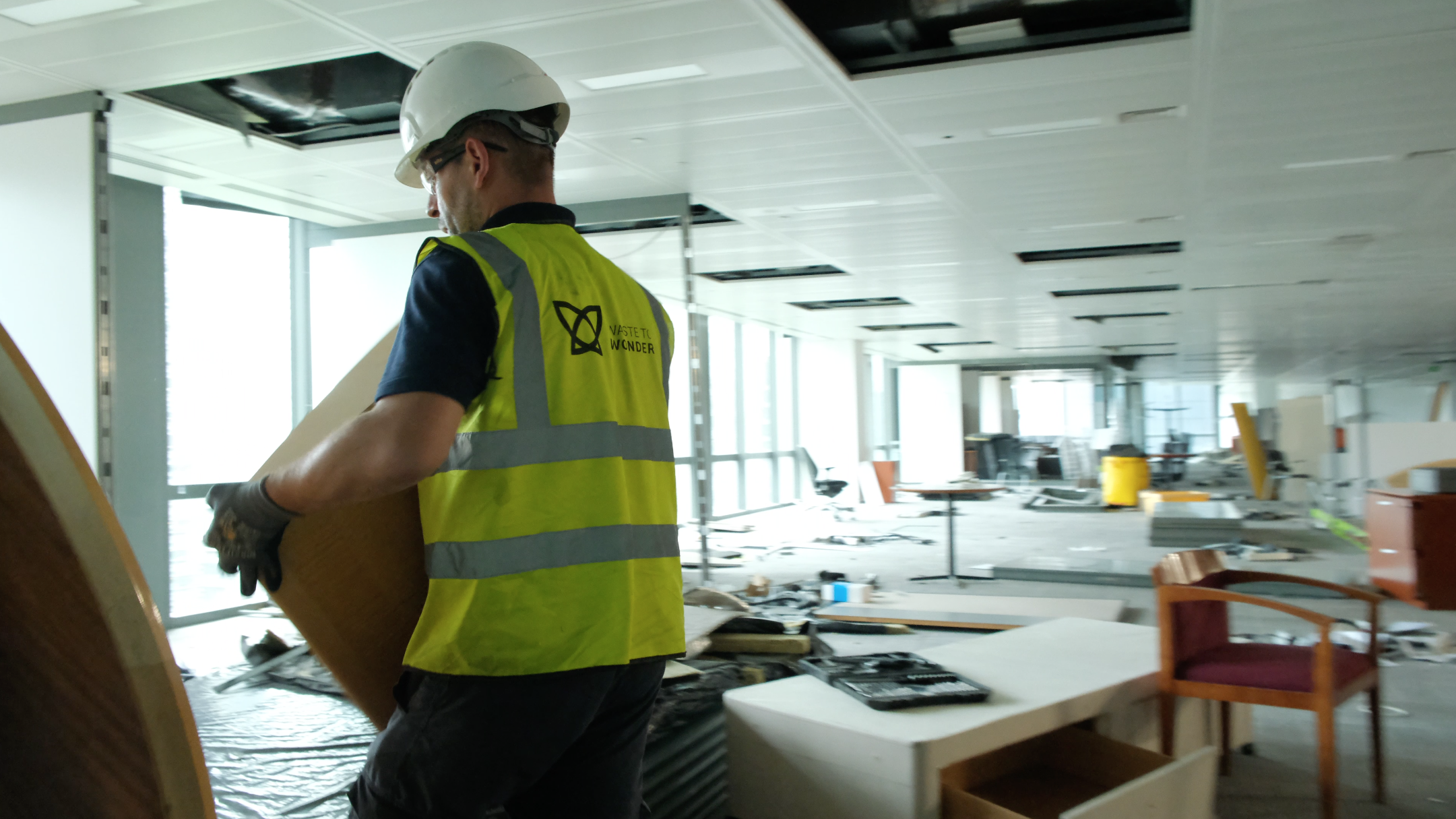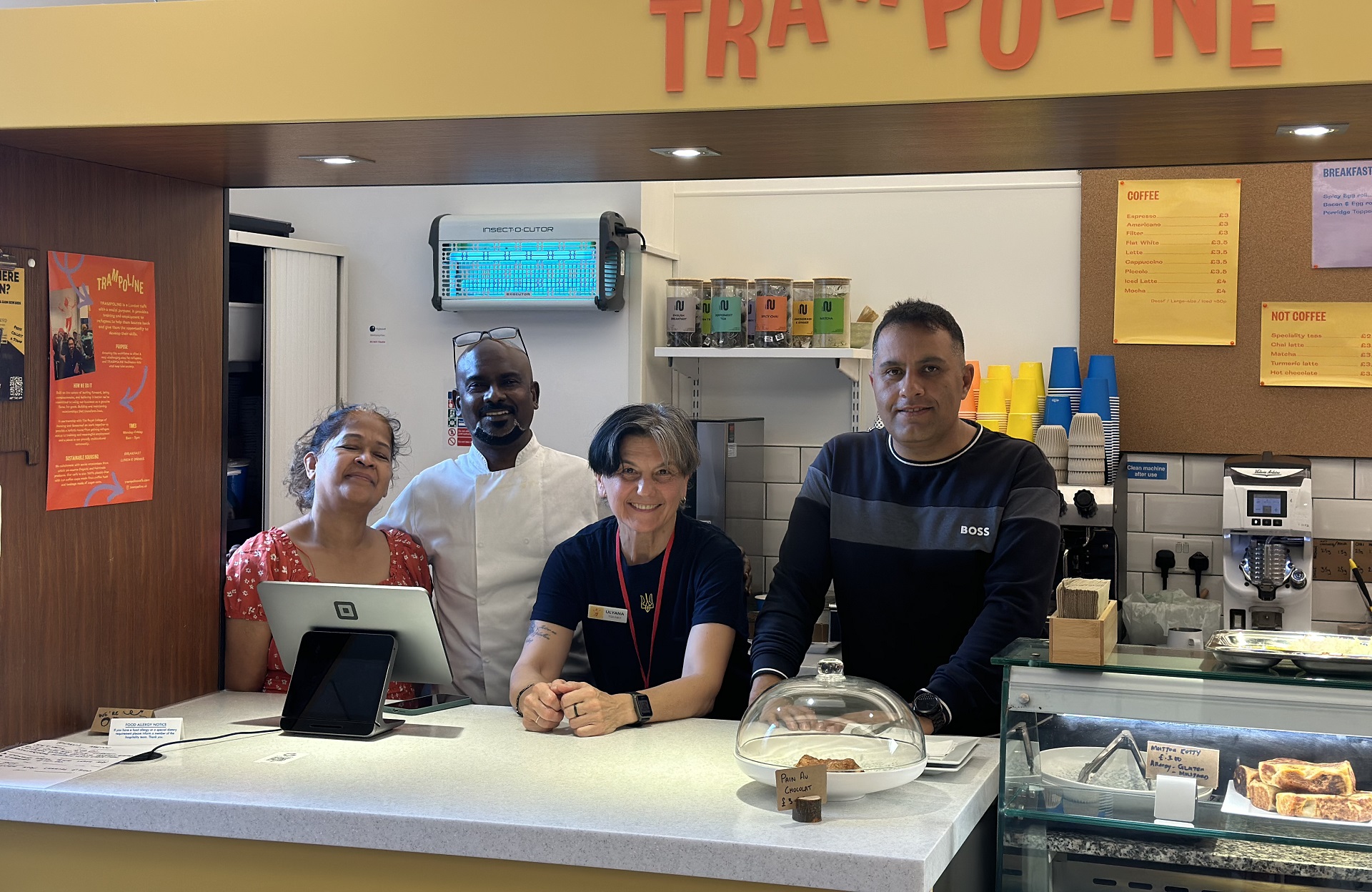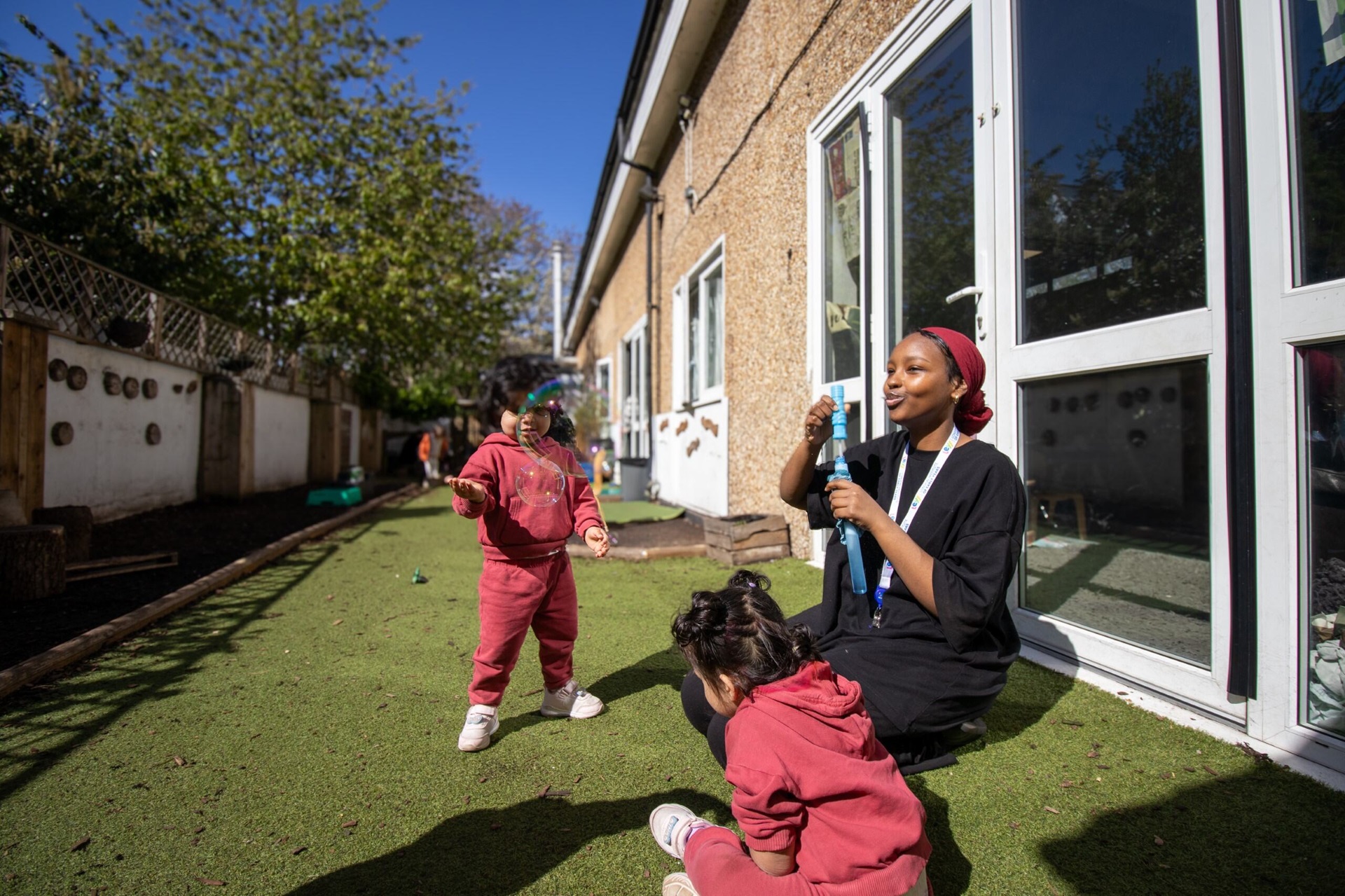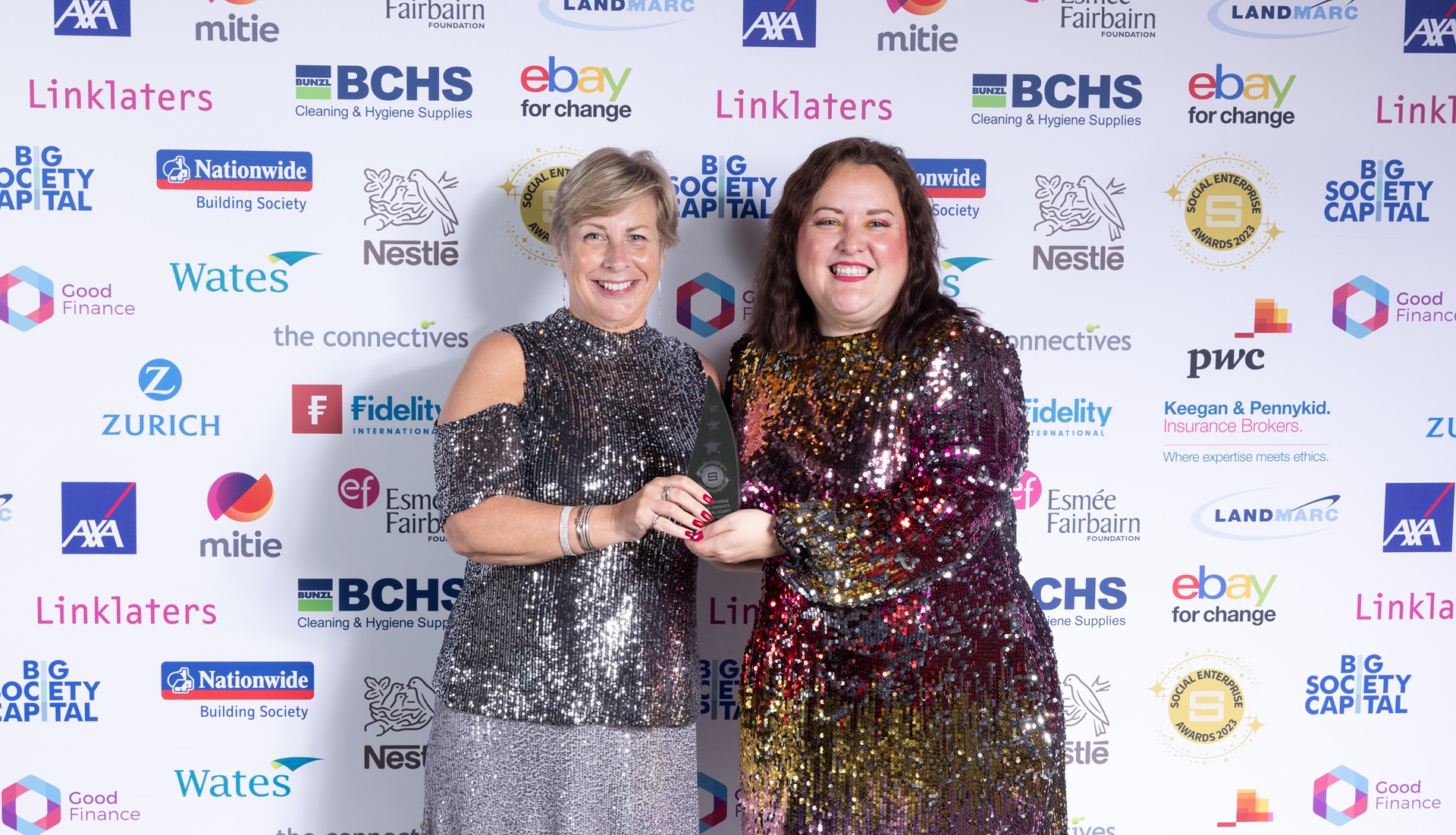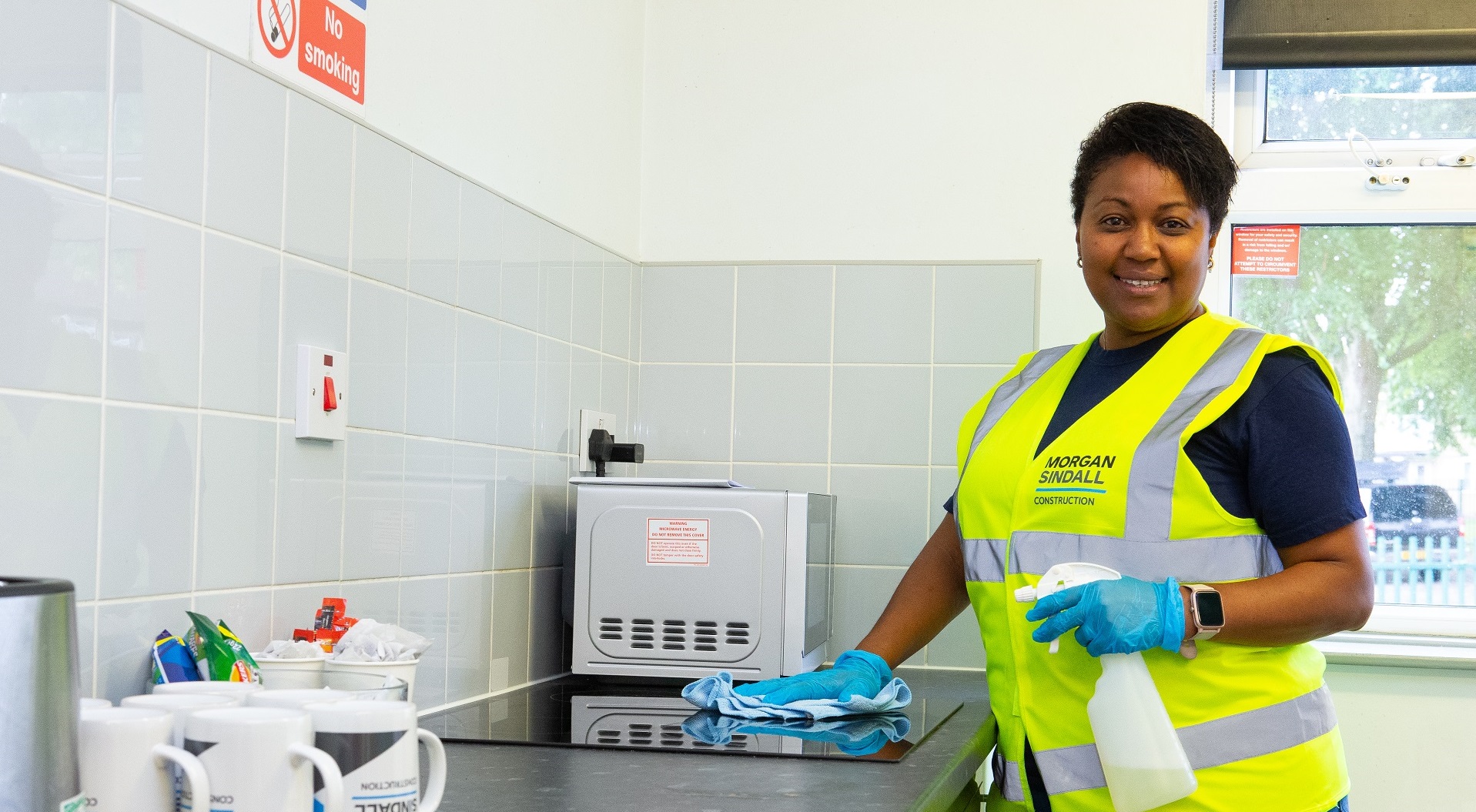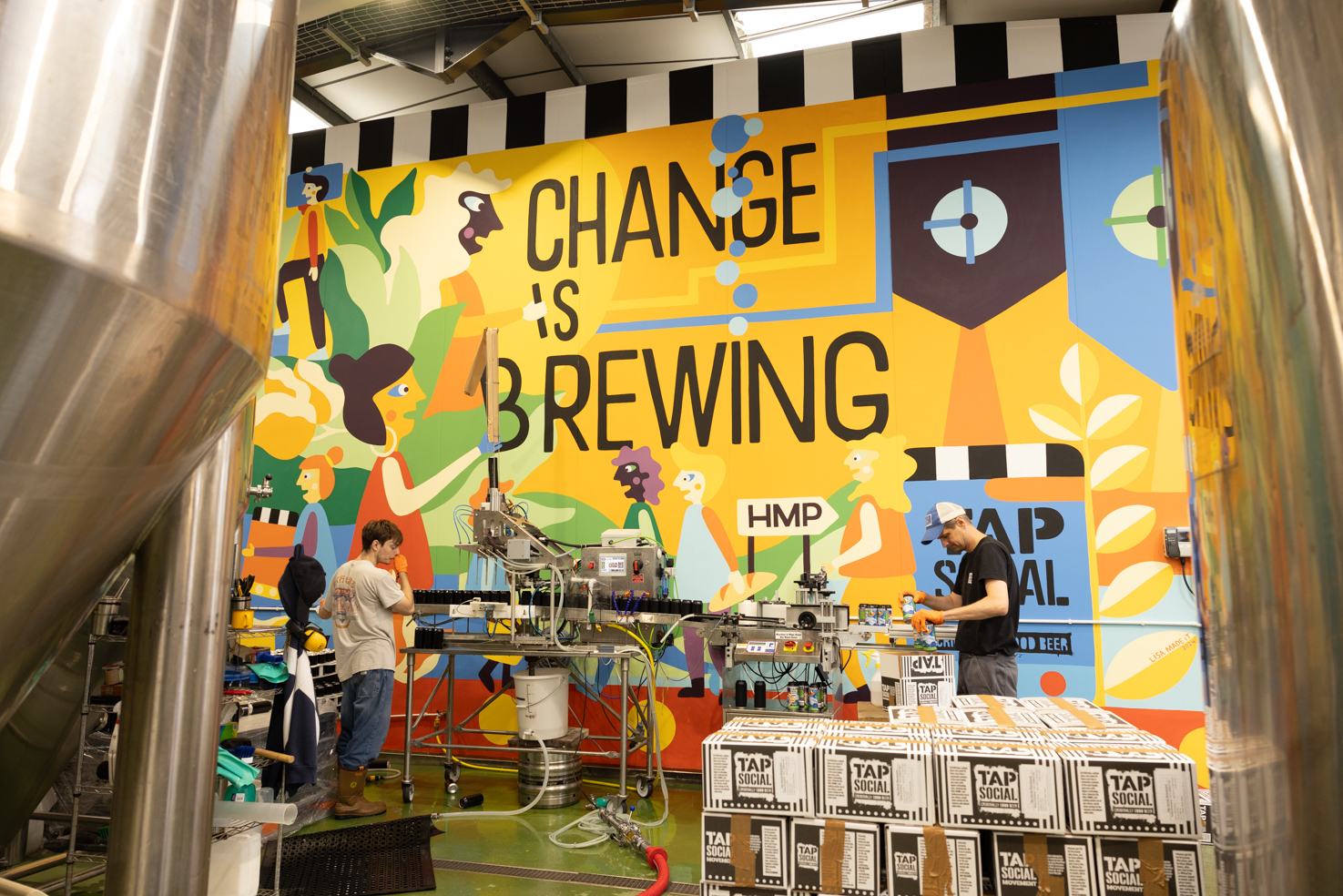
Case studies
Tap Social Movement – Cheers! The beer company working to save taxpayers £18bn
A big hole in the government’s coffers can be plugged by backing small businesses which reduce the gigantic cost of reoffending, saving us all money. Trying to rebuild your life after leaving prison is tough. A stable life needs income, but 74% of ex-offenders are unemployed six months after being released and if you’re not earning a wage, how are you supposed to keep a roof over your head? A Ministry of Justice (MOJ) report found that financial problems and unemployment are a major factor in people reoffending and 59% of unemployed ex-offenders will reoffend within one year of release from prison. A government focused on growth needs more people working and contributing taxes; what it doesn’t need is a £18bn hole - the cost of reoffending - in the budget. One growing business has a simple answer to this: get people ready and qualified for work before they leave and employ prison leavers where they can. Tap Social Movement is proving this model works. How a beer company reduces reoffending Appropriately, the idea of Tap Social Movement was first discussed over a few beers; the difference is they still thought it was a good idea in the morning. Tap’s three co-founders all had experience of working in the criminal justice system. Tess Taylor had been working to clear criminal records at Canada’s National Pardon Centre, Tess’s sister Amy was formerly a Policy Advisor at the MOJ, and fellow co-founder Paul Humpherson worked as a criminal barrister. In 2016, Tess Taylor was visiting different breweries while working for an early pioneer of the independent craft beer movement that has changed the name on beer pumps nationwide. She thought the welcoming, non-judgmental culture of the scene might be the right environment for people to re-enter society. Meanwhile, Amy Taylor had connected with Mark Edwards, Governor at Spring Hill prison, through her work at the MOJ. She’d successfully pitched the idea of getting prisoners on-day release ready for life outside prison by offering them employment while they served the final part of their sentence. After convincing a brewing expert to join them, pooling their savings, finding a cheap business unit, and buying secondhand equipment, Tap Social Movement was up and running. They took their first employee from Spring Hill Prison six weeks after opening and have never looked back. In nine years, the business has grown to four venues: three tap rooms across Oxford and Banbury along with Proof Social Bakehouse, a bakery and cafe established in their first brewery premises. Plans are also well underway for the launch of an ambitious new venue in early 2026. Around a third of their staff are ex-offenders and over the years they have employed 60 people with experience of prison. "From day one Tap Social treated me like family. Nobody asked what I’d done, and nobody judged me. All they wanted from me was that I did my best. And my best is what I did. They brought me out of my shell, showed me I had skills I didn’t know I had, and treated me as a human - like I wasn’t just a number to be locked behind a door or another body counted at roll call," said Terry, who worked at Proof Social Bakehouse after leaving prison. In stark contrast to the grim statistics at the top of this article, none of their employees reoffended within one year of release, and just 6% reoffended after one year. The conclusion is simple: having a reason to get up every day and earn money means it is less likely someone will reoffend. Some of Tap’s employees move onto other work, but 89% of them are still in employment one year after prison. The next stage of growth This year will see further growth for the business. A recent fundraise on crowdfunding platform CrowdCube saw Tap Social raise more than £600,000, part of which will help fund a planned fifth venue, but also to promote that their beers are now available in 220 stores of a well-known national retailer. “It's the first time we've had a listing of this size, so we’re really excited, but we need to make sure the rate of sale is good and strong. We need a proper marketing and PR budget to ensure the beer shifts on the shelves and that people are picking it up,” Tess Taylor said. Small businesses like Tap Social Movement are the backbone of the British economy, with 99% of all UK businesses being SMEs. The growth of the social enterprise will mean more employment opportunities for ex-offenders, reducing the cost of reoffending, and helping save taxpayers money. For a government intent on breaking down barriers to opportunity and one focused on good jobs and productivity, Tap Social Movement provides a blueprint for achieving the change the Labour Party successfully campaigned on. tapsocialmovement.com
4 min

